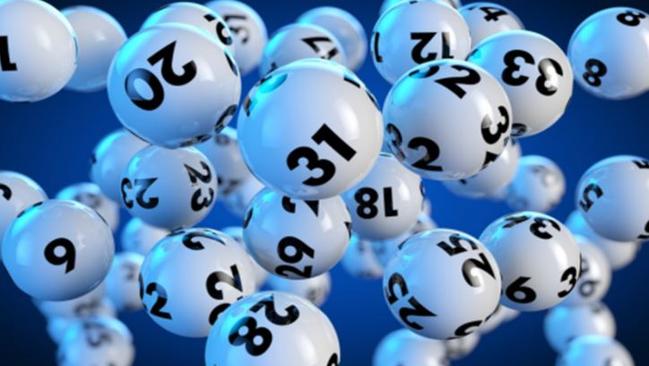
Exploring the Cultural Significance of Lottery
Lotteries: the mere mention of the word can conjure up a myriad of emotions, from excitement and anticipation to skepticism and caution. Yet, beyond the thrill of winning big or the despair of losing, lotteries hold a profound cultural significance that transcends borders and generations. Let’s embark on a journey to explore the multifaceted tapestry of Bandar Togel and unravel their cultural significance.
Lotteries, in various forms, have been an integral part of human civilization for centuries. From the ancient Chinese practice of keno to the Roman custom of drawing lots to distribute land, the roots of lotteries run deep in history. Throughout time, lotteries have evolved, adapting to the socio-cultural landscapes of different civilizations.
One of the most intriguing aspects of lotteries is their ability to reflect the values and beliefs of the societies in which they thrive. In some cultures, lotteries are seen as a form of entertainment, a chance to indulge in fantasies of wealth and abundance. In others, they serve as a means of generating revenue for public projects, such as education and infrastructure.
But beyond their practical applications, lotteries often take on symbolic meanings that resonate deeply with people. For some, participating in a lottery is an act of faith, a belief in the capricious nature of fate and the possibility of a life-changing windfall. In this sense, lotteries become a conduit for hope, offering a glimmer of possibility in the face of adversity.
Moreover, lotteries frequently intersect with cultural rituals and traditions, becoming woven into the fabric of everyday life. From the annual Spanish Christmas lottery, known as “El Gordo,” to the tradition of buying lottery tickets for the Lunar New Year in many Asian countries, lotteries serve as markers of time and occasions for communal celebration.
At the heart of the cultural significance of lotteries lies the concept of luck—a universal motif that transcends cultural boundaries. Whether it’s the Irish belief in leprechauns or the Japanese reverence for lucky charms, cultures around the world have long been fascinated by the elusive nature of luck. Lotteries embody this fascination, offering a tangible way for people to engage with the forces of fortune.
Yet, it’s essential to acknowledge the complexities surrounding lotteries, particularly concerning issues of addiction and exploitation. While lotteries can bring joy and excitement to many, they can also exacerbate social inequalities and prey on vulnerable populations. As such, discussions around the cultural significance of lotteries must also encompass the ethical implications of their proliferation.